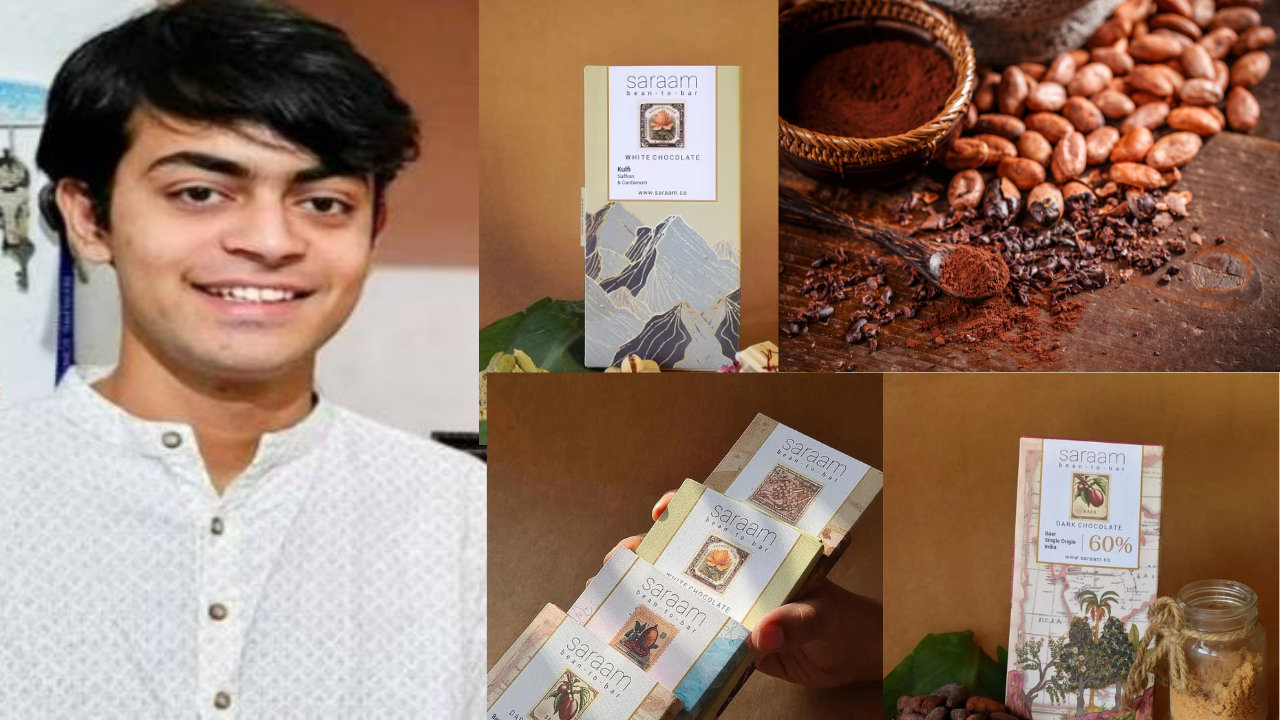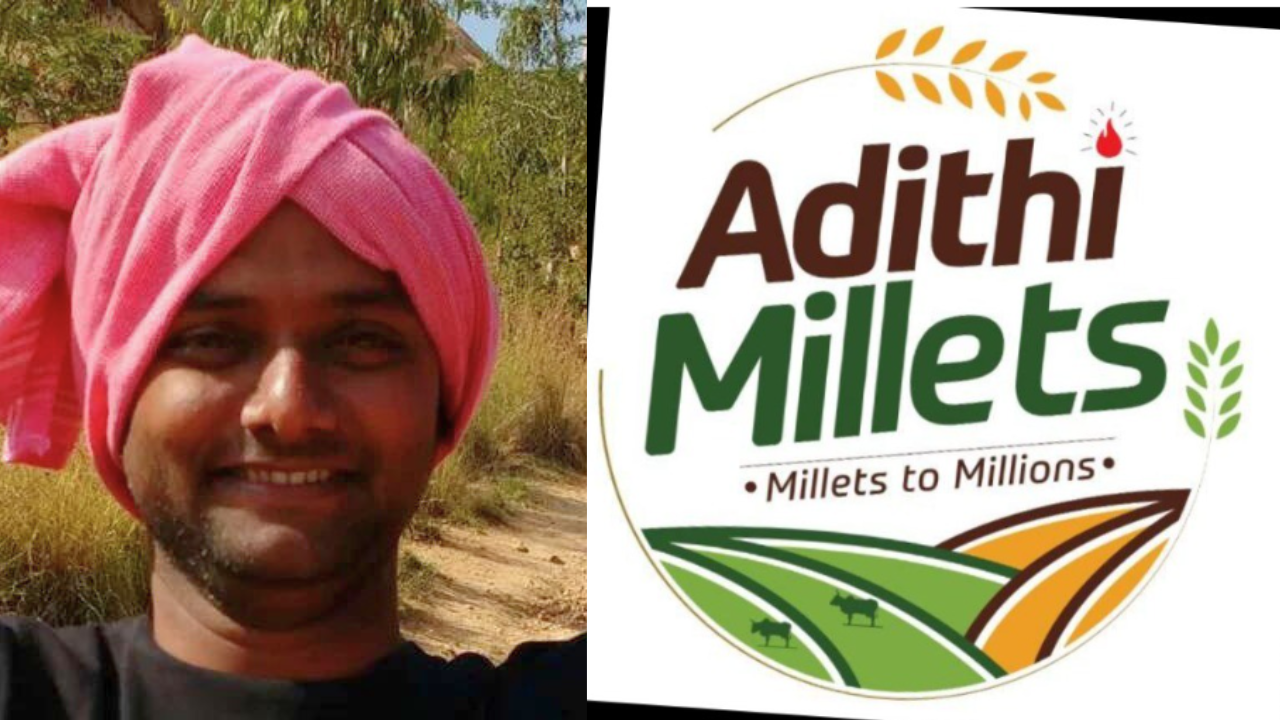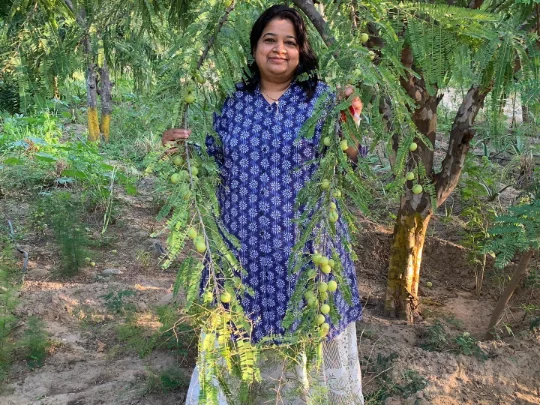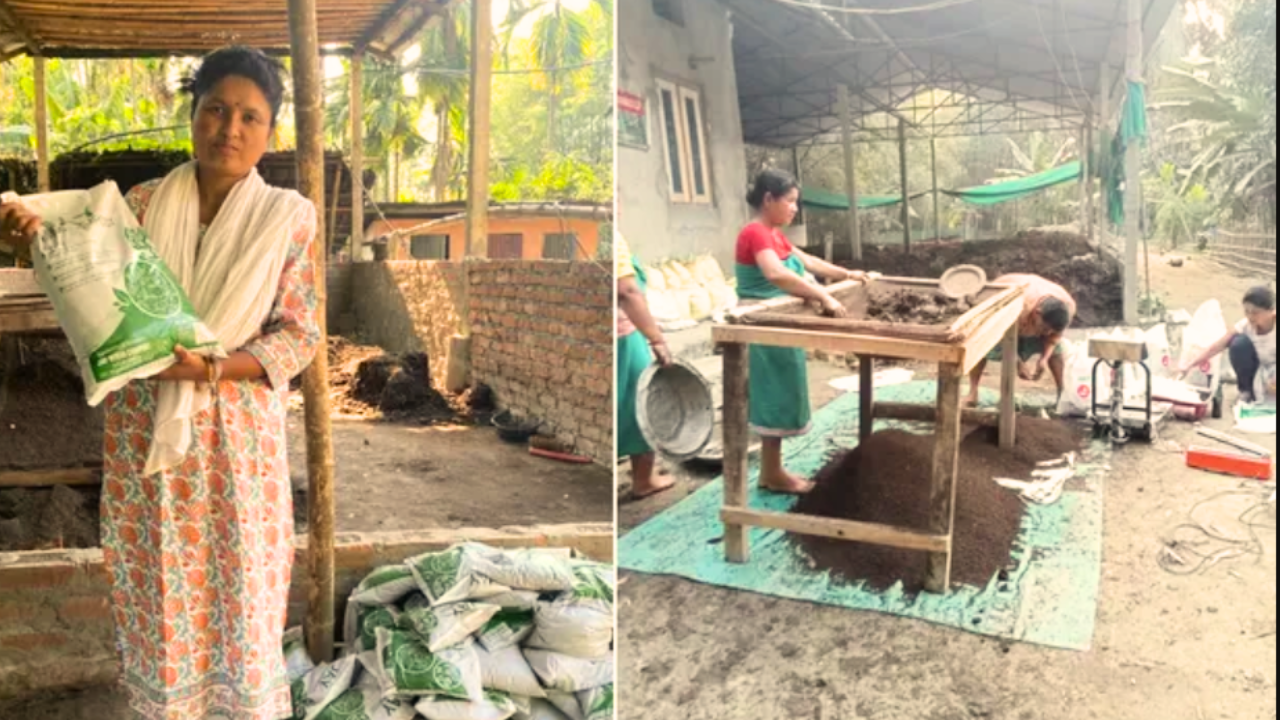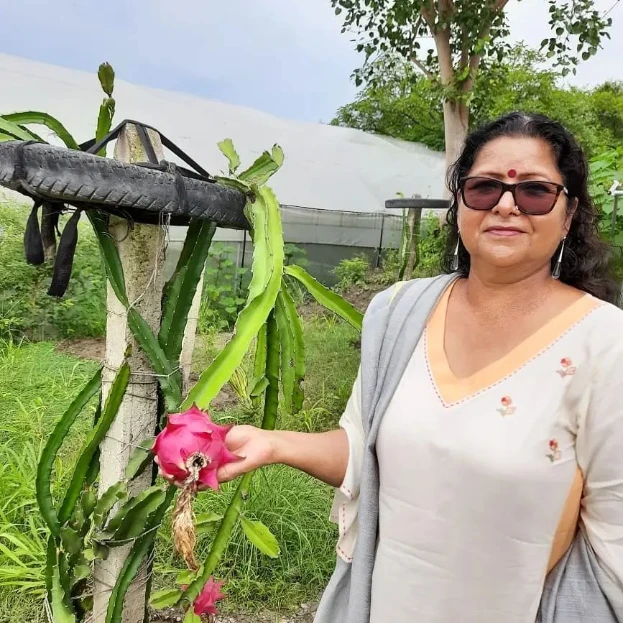Tapping into India’s growing market of kidswear are classmates-turned-entrepreneurs Vandana Kalagara and Smruti Rao.
Their manufacturing enterprise Keebee Organic makes sustainable kidswear and sells them directly to consumers through its own website, and online channels such as Myntra, FirstCry, Nestery, and more.
When inspiration strikes After graduating from NIFT, Vandana initially worked in the design industry for a few years and also did her master’s in fashion design from FIDM in the US. She then took a break from work after her daughter was born.
Vandana says, “I always loved designing apparel for kids. On my break, I was doing freelance design work. When my daughter began nursery school, I asked her what she wanted to be when she grew up. Her response shocked me — she told me she wanted to stay at home like her grandmother and me.”
Her daughter’s response is what inspired Vandana to get back in the field. She did her research and found a lack of options among organic clothes for kids. This led to the inception of Keebee in 2016. Smruti, who loved her former classmate’s brand, joined the business in 2018 as a co-founder. They took a Rs 15 lakh business loan and later began to invest their own money into the brand.
Manufacturing setup Hyderabad-based Keebee manufactures its products in Global Organic Textile Standard (GOTS)-certified units in Gujarat and Tamil Nadu. Some of the brand’s woven styles are also manufactured in GOTS-certified units and have the necessary certification.
However, Smruti, who looks after manufacturing, says that the company recently started its own manufacturing unit in Hyderabad, which is not yet GOTS-certified. “But, we are using GOTS-certified fabrics and are still learning the production process.
We are also working to get our unit GOTS certified,” she adds. Keebee makes casual wear, ethnic wear, undergarments, and a range of other kidswear products for both boys and girls up to the age of 10. Keebee’s range starts from Rs 350 and can go up to Rs 4,000. The early days of Keebee weren’t easy.
As a first-time entrepreneur, Vandana faced several challenges finding organic cotton suppliers and GOTS-certified manufacturers all by herself.
“Not many GOTS manufacturers did domestic orders as they preferred to export their products. Even among those who undertook domestic orders, few worked with quantities as small as ours,” she says.
Determined to find vendors and manufacturers for her business, Vandana says she sent hundreds of emails to units across the country hoping to get in touch but very few responded. “I eventually got in touch with Cotton Eco Fashion, a readymade garments manufacturing unit in Gujarat.
The people there were helpful and began production for us. We still work with them as they understand our business,” she says.
Competition and the road ahead The rising disposable income of Indian households, including those with dual income, has been leading to growth in the kidswear market.
The Indian kidswear market was valued at $16.62 billion in 2020 and is expected to grow at a CAGR of 5.89 percent and reach $22.53 billion by 2026, according to ResearchAndMarkets.
The entrepreneurs recognise competition in discrete categories of kidswear they cater to. “For onesies and nightwear, we have Greendigo as our competitor. For jhablas, we have Love the World Today as a competition. We regularly talk to our customers and use the inputs to improve our product lines. This helps us stay ahead of the competition,” says Vandana. Like many companies, Keebee too faced production challenges during the first wave of COVID-19 and now again due to the second wave. But the co-founders remain optimistic about the future. The company plans to further expand its product line so customers don’t face a lack of choice or options in organic clothing. “We plan to take our brand to international customers as well. Once the pandemic subsides, we are also planning to expand into offline stores,” Vandana says.

